Tell the story of China with a documentary to make the image of China brighter.
In recent years, under the vigorous promotion of Publicity Department of the Communist Party of China and the State Administration of Radio and Television, documentaries reflecting the current progress in China have attracted increasing attention, and a multi-theme and three-dimensional documentary creation and dissemination pattern in China is taking shape.
Author: Zhang Yanli
Source: People’s Daily (abridged original)
Documentary creation and dissemination is an important part of strengthening international communication capacity building. For a long time, documentaries with authenticity as their essential features, because of their credibility, appeal and artistry, are easy to gain people’s understanding and recognition under different cultural backgrounds, and then become cultural and artistic carriers to tell the story of China well, spread the voice of China and show the true three-dimensional and comprehensive image of China.
In terms of subject matter, documentaries on natural science and technology, history and culture are favored in the international community. In recent years, under the vigorous promotion of Publicity Department of the Communist Party of China and the State Administration of Radio and Television, documentaries reflecting the current progress of China have attracted increasing attention, such as the theme of building a century-old party, building a well-off society in an all-round way, tackling poverty and fighting the epidemic. A multi-theme, three-dimensional China documentary creation and dissemination pattern is taking shape.
Pay attention to international expression, co-production and cooperation into common forms.
The international dissemination of documentaries includes two ways: promoting domestic documentaries to "go global" and strengthening international cooperation in co-broadcasting.
Since 2021, Publicity Department of the Communist Party of China and the State Administration of Radio and Television have jointly implemented the China Documentary Promotion and Support Project, which supports and rewards outstanding domestic documentaries that have achieved good international communication effects every quarter, accelerates the "going out" of domestic documentaries, tells the story of China to the world, spreads Chinese culture well, and shows a true, three-dimensional and comprehensive China.
At present, some excellent domestic documentaries have brought international communication into their field of vision from the beginning of their creation. Qinghai Our National Park, which is directed by the State Administration of Radio and Television and focuses on the protection and construction of the first batch of national parks, pays attention to international expression. The documentary is broadcast on the international mainstream media platform and won the prize in the international documentary festival.
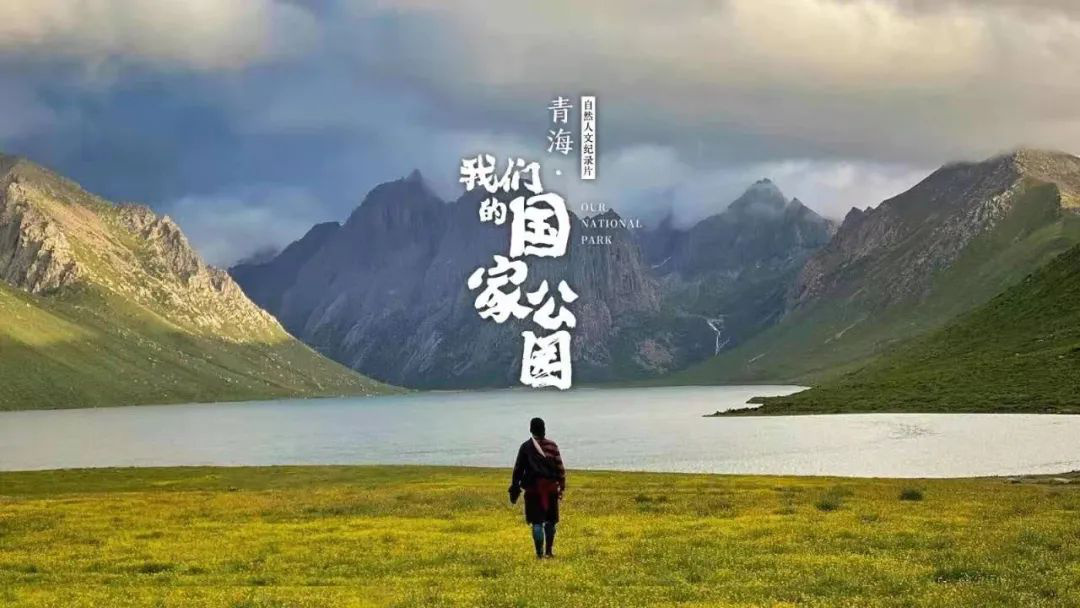
A series of documentaries "Remember Homesickness" organized by CCTV Chinese International Channel of the Central Radio and Television General Station launched an international edition, which refined the elements of Chinese excellent traditional culture and launched a new exploration of perceiving Chinese culture.
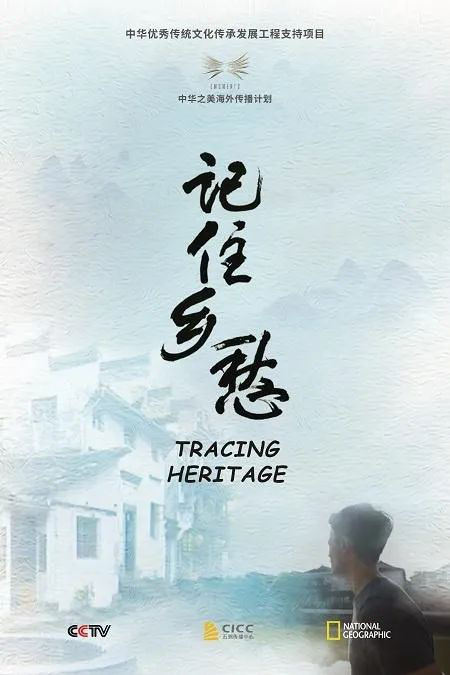
With the continuous updating of the concept of documentary international communication, appropriate international expressions have been used more effectively, and co-production and cooperative communication between China and foreign countries have become a common form of documentary "going out". The number of works created by this way of cooperation is increasing, the themes are increasingly rich, and the partners are increasingly diverse.
Producer of the State Council Information Office, the documentary "On Rice, Oil and Salt" about realizing a well-off society in an all-round way is broadcast simultaneously by domestic and foreign mainstream media platforms and market-oriented new media organizations by adopting the co-production and cooperative communication mechanism.
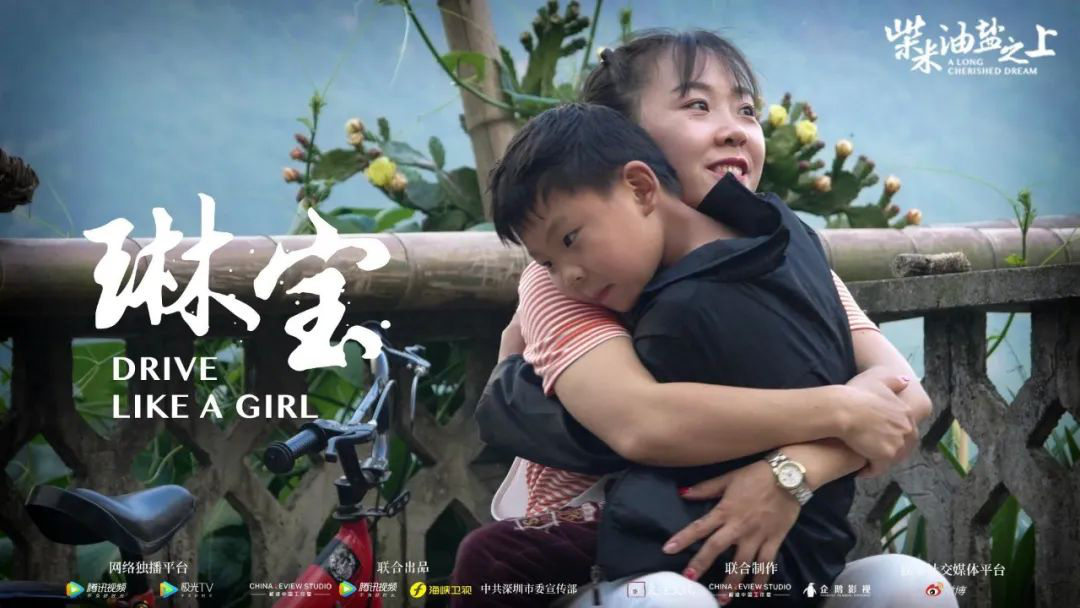
The documentary "The Great Poet Du Fu" filmed by CCTV in cooperation with the British media tells the story of China’s Tang Dynasty poet Du Fu. The whole film is told by British historians in the process of pursuing Du Fu’s life footprint, and Du Fu is compared with Shakespeare and Dante, which are familiar to western audiences, so that foreign audiences can understand the story of Du Fu, a poet in China.
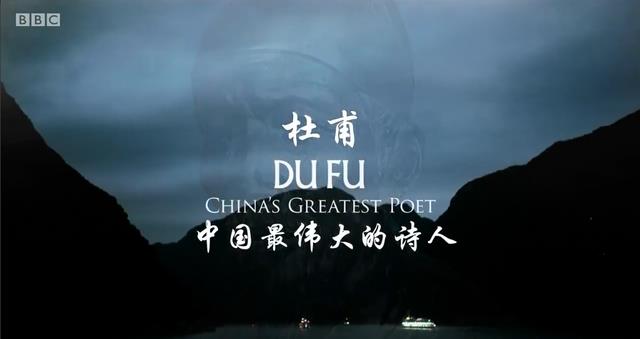
Through the cooperation between China and foreign countries, the story is told from the audience’s perspective, the contextual barriers are broken, and the common empathy points are found, which makes the story easier to understand and accept, and the works are easy to obtain better communication effects.
Pay attention to effect orientation, realize quality and efficiency improvement by internal and external linkage
After the normalization of co-production and cooperative communication between China and foreign countries, there are higher and higher requirements for further improving the ability level of cooperative communication, strengthening the effect orientation of cooperation, and continuously enhancing and optimizing the effectiveness of domestic and international communication of China documentaries.
The second season of the documentary "From Chang ‘an to Rome", which was planned by the Central Radio and Television General Station and co-produced by China and Italy, uses the parallel perspective of "A Tale of Two Cities" and short video to tell the story of past lives, two ancient capitals, blending and learning from different civilizations in a simple way, which is an example of cooperative communication of national TV media platforms. Directed by Publicity Department of the Communist Party of China Foreign Promotion Bureau, the documentary "Return to the City of Thorn" takes the Oriental Travel Notes "The City of Light" written by Jacob D ‘Ancona as the lead, decoding the oriental color and influence of China’s marine civilization from a global perspective, and showing Quanzhou as a world cultural heritage to the world.
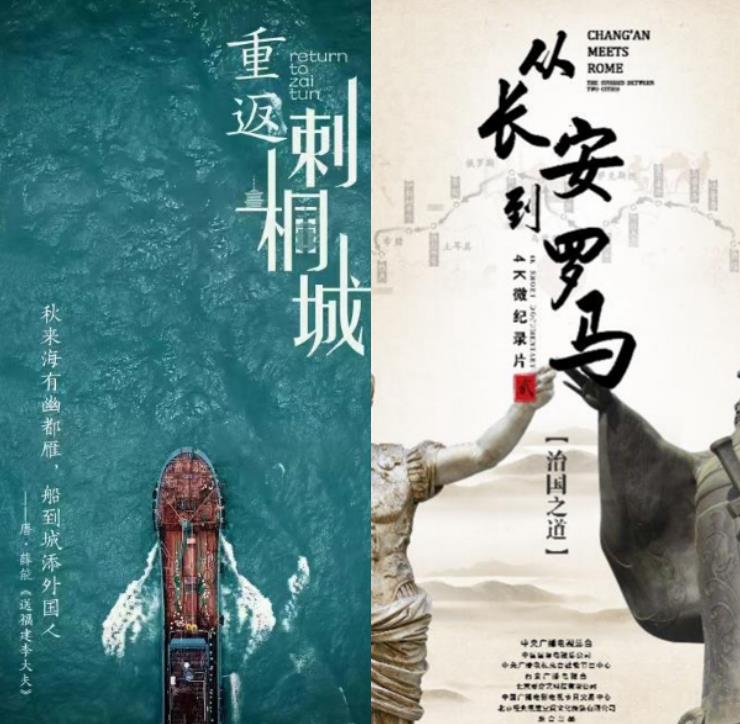
As the first English documentary showing the course of Wuhan’s fight against COVID-19 epidemic, China International Television, the general radio and television station of China Central, let netizens around the world know the real situation of China’s fight against COVID-19 epidemic in time.
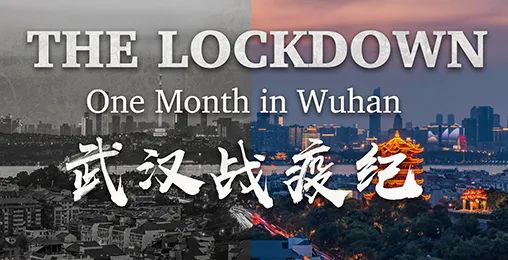
Under the background of the rapid development of Internet industry and the deepening of media integration in China, documentaries have entered the "Internet Age". The network platform is not only a communication channel, but also an important emerging force to tell the story of China well with documentaries through highly market-oriented joint production, self-control and cooperation. Tencent video self-made series documentary "Flavor Origin" has won the favor of overseas streaming media platforms. The third part of this series, Flavor Origin Gansu, has been broadcast in more than 190 countries and regions around the world, providing a window for people all over the world to know and understand China culture.

"Borrowing the exhibition to the sea" is also an important channel for documentary international communication. By participating in international mainstream documentary festivals and exhibitions, we will take the opportunity of participating in the awards to attract potential partners. Excellent documentaries such as "Love in the Yangtze River" jointly produced by several provincial satellite TV stations along the Yangtze River under the guidance of the State Administration of Radio and Television and led by Shanghai Radio and Television Station have entered the international stage by participating in international mainstream documentary festivals and exhibitions.
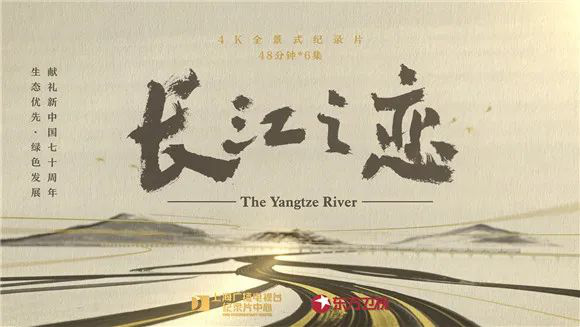
Pay attention to humanistic care, and win the recognition of the people through emotional resonance.
Telling the story of a century-old party with a documentary has become a beautiful scenery for the documentary to spread abroad in 2021. The large-scale documentary feature film "Dare to Teach the Sun and Moon to Change the Sky" was carefully translated in a more acceptable way for the target audience. It was broadcast on six channels in five languages, namely English, Spanish, French, Arabic and Russian, and on various new media platforms at the Central Radio and Television General Station. While strengthening the global expression, the program paid attention to regional and differentiated expression, and achieved good external communication effects.

The "Vitality Code" produced by China International Television, the Central Radio and Television General Station, shows the Communist Party of China (CPC)’s unswerving spirit in an international narrative voice, and vividly depicts the historical leap of China’s development. The documentary Return to the Red Flag Canal, co-produced by China Education Television and other units in conjunction with France, explores the era significance of the Red Flag Canal through the eyes of two travelers, and presents the era glory of the Communist Party of China (CPC) people’s spiritual pedigree. The documentary "Journey of the Brave" focuses on the Communist Party of China (CPC)’s great party-building spirit, tells the real experience of revisiting Jiajin Mountains, Wujiang and Qiongya with the help of guests, and vividly explains the great party-building spirit.
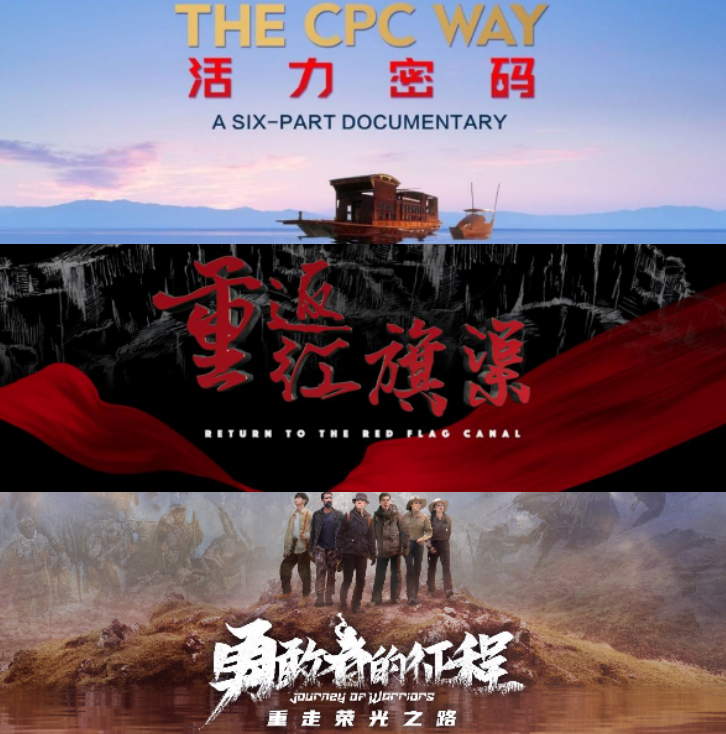
On the basis of real records, documentaries bear the presentation and construction of human emotions and values, and shoulder the aesthetic pursuit and humanistic care that film and television art should have. Documentary creation should establish a sense of community of human destiny, focusing not only on China’s theme and China’s story, but also on the common concerns of human society, so as to open the channel of emotional resonance with genuine dialogue, thus realizing value recognition and promoting the common feelings of the people.
The documentary "The Frozen Kingdom of Snow Leopard", initiated by the Central Radio and Television General Station and co-produced by several international teams, tells the story from an anthropomorphic perspective and endows the work with strong feelings and humanistic care. After the program was broadcast on the opening day of the 15th meeting of the Conference of the Parties to the United Nations Convention on Biological Diversity, it attracted the attention of the international community and showed the natural beauty and cultural charm of China in winter to overseas audiences. The China News Agency of China Foreign Languages Bureau interprets the documentary "Approaching Daliangshan" produced by China Studio and Japanese documentary director Takeuchi Ryo, and tells the story of getting rid of poverty in Daliangshan based on a Japanese director’s personal travel experience in Daliangshan. After the film was launched in mainstream media at home and abroad, it touched many Chinese and foreign netizens.
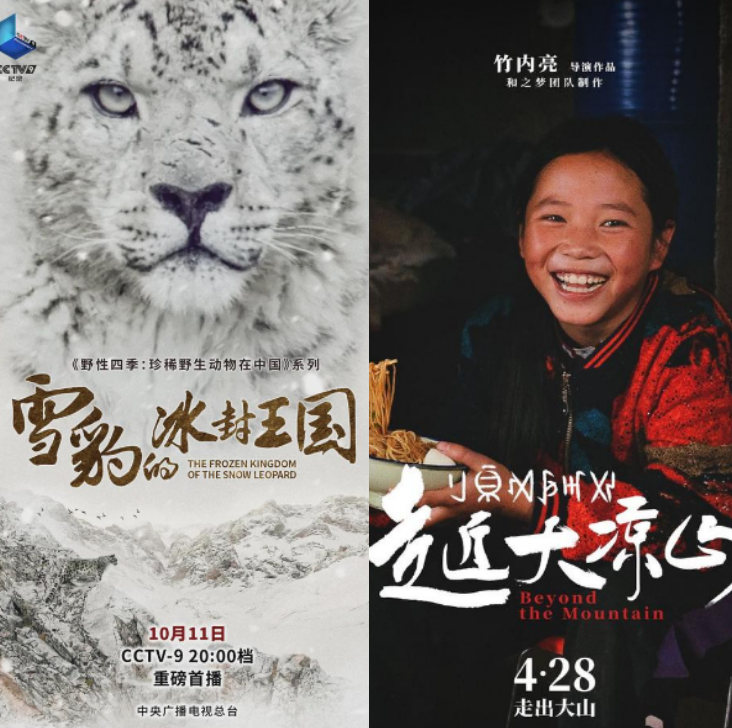
The story of China told by documentary makes the lovely and respectable image of China brighter. Documentary creation has a broader vision, is closer to the times, tells a more peaceful tone, and pays more attention to touching people’s hearts with human empathy.
Editor | Rao Wenyuan Xu Lei